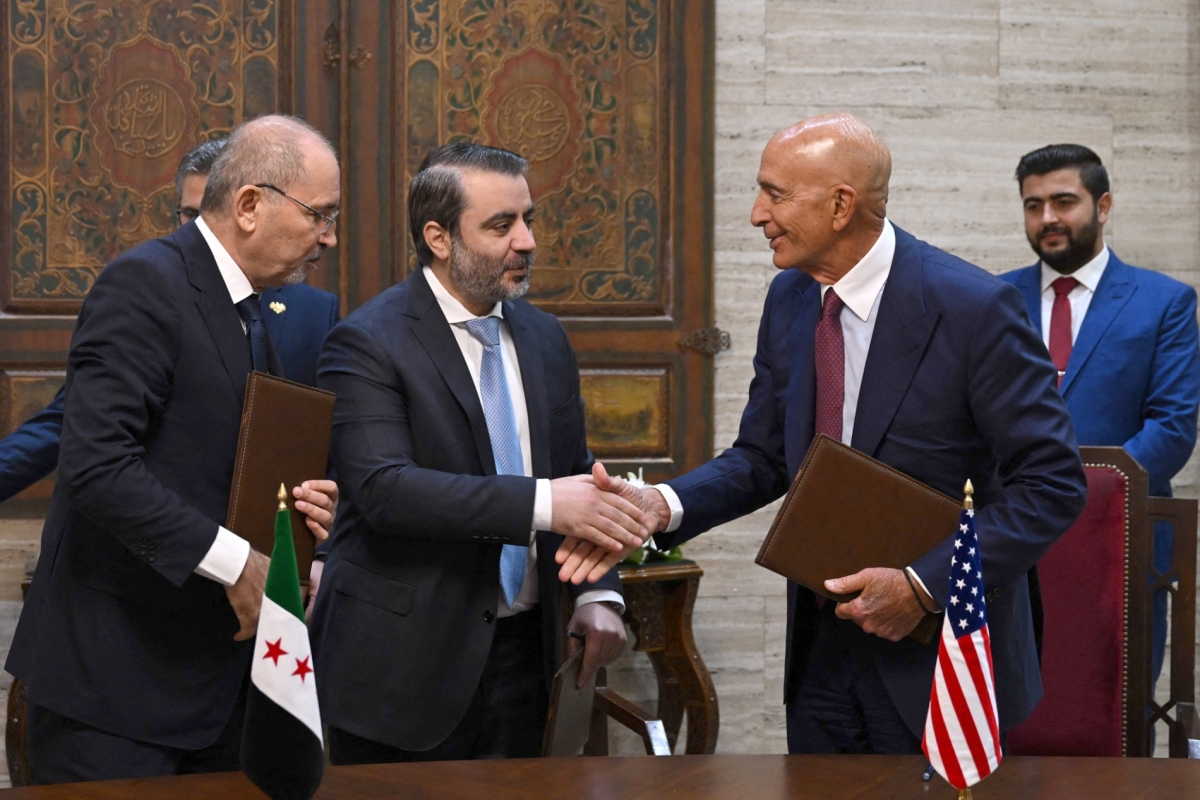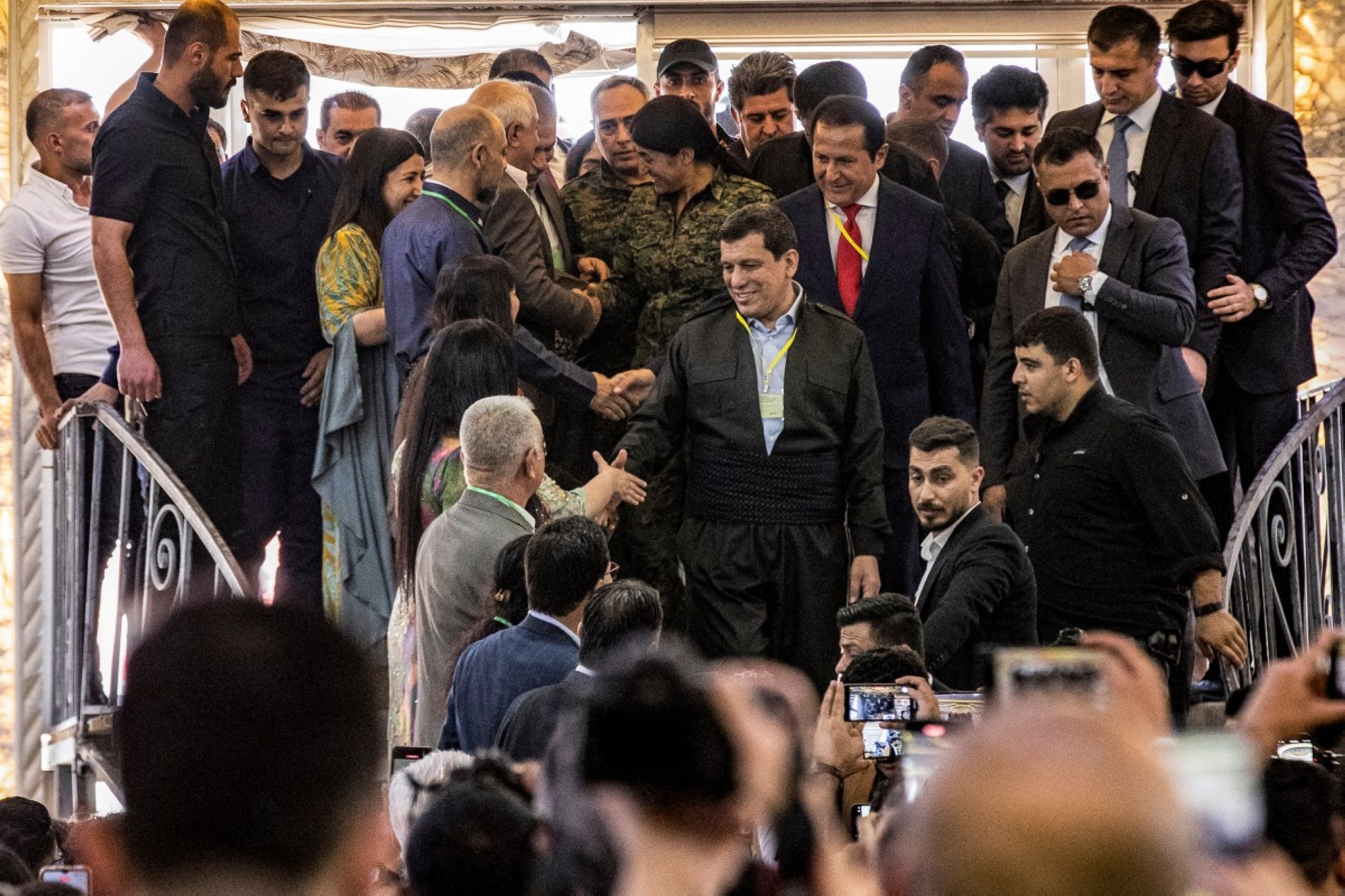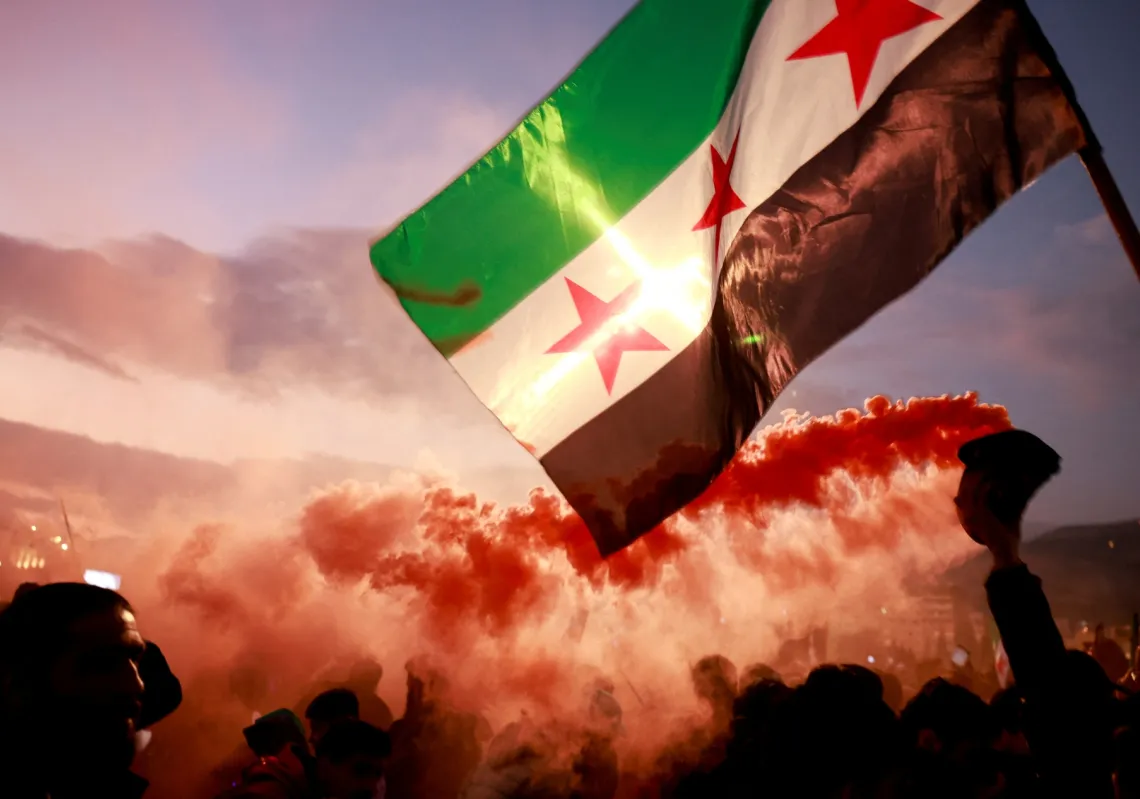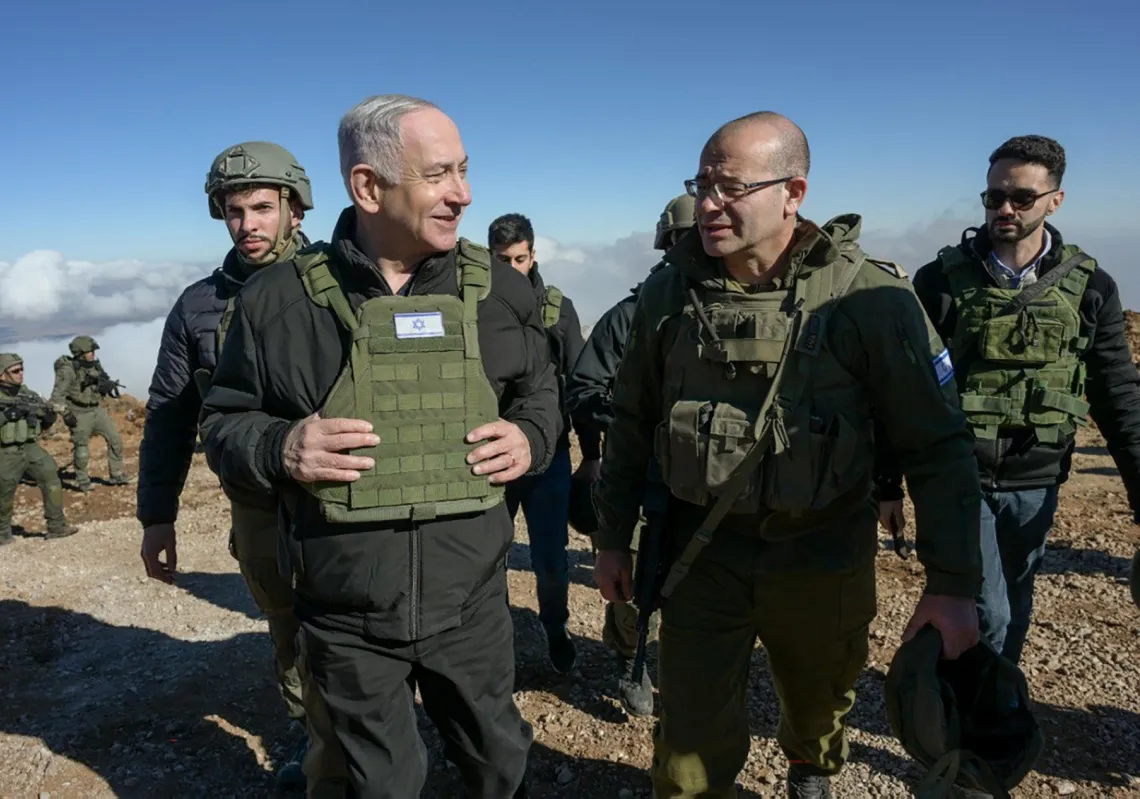Israel—engaged in a multi-front war trying to reshape the region—has been trampling on everything from human life to the rules of war, and international norms to shared values.
Netanyahu and his far-right ministers not only aim to rid Gaza of Hamas and other armed Palestinian groups but are en route to ethnically cleanse and depopulate Gaza by forcing as many of the approximately 2.3 million Palestinians as possible to leave.
Once they deem the region sufficiently “cleansed”, they will probably move to implement Donald Trump's project to turn Gaza into the “Riviera of the Middle East,” erecting modern buildings and holiday resorts on top of the destroyed homes of hundreds of thousands of people.
As for its intentions in Syria, Israel wants it to be weak and fragmented. Despite recent frictions between the two countries, they remain in dialogue, with the US playing the role of mediator and peacemaker.
But tensions can quickly escalate at any time. With Israel acting ever more recklessly, the risk of an accidental physical contact between Türkiye and Israel in Syria cannot be ruled out. Furthermore, the tepid response from the international community is emboldening Israel.
For his part, Netanyahu is trying to convince Israelis and the world that he is fighting a “radical Islamist leader who is an enemy of Israel and the Jews.” Meanwhile, President Erdoğan is positioning himself as a regional leader standing against extreme right-wing Zionists who are committing genocide against Palestinians and attempting to divide Syria.
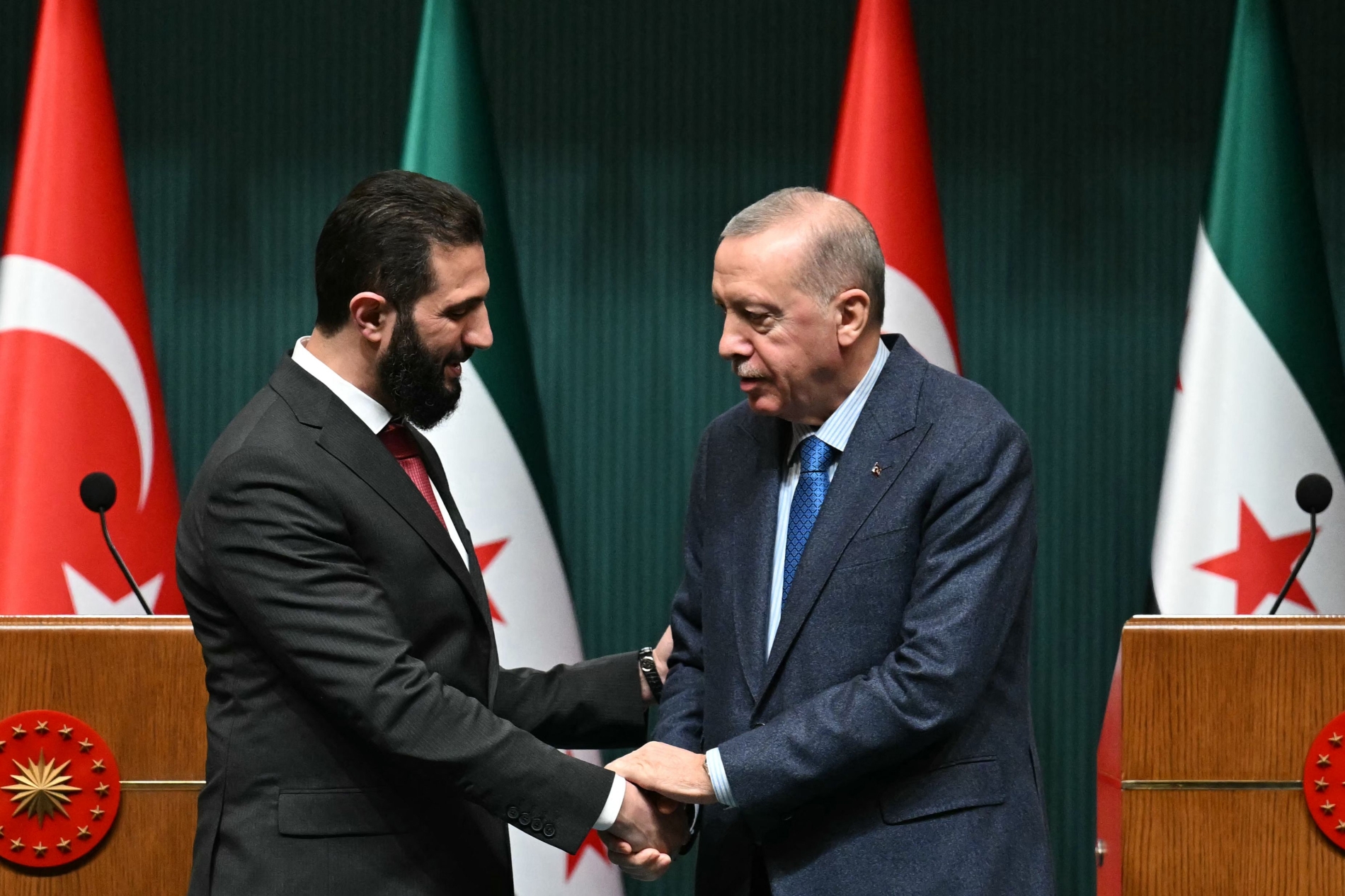
Heading for collision?
Türkiye has repeatedly stated that it is ready to provide Damascus with all the support it needs in the face of internal and external threats. And while Erdoğan has not said what that support would entail, the head of Turkish intelligence, İbrahim Kalın, reassured Syrian President Ahmed al-Sharaa of Ankara’s support in Damascus just a few days ago.
Israel—which now considers Türkiye at least as much of an enemy as Iran— has ramped up pressure by bombing locations in Syria where Ankara is thought to be planning to establish bases, as well as establishing relations with anti-Turkish groups. It is also trying to incite the US Congress against it.
But Israel may soon discover that Türkiye is very different from other countries it has confronted. It is a vast country with a similarly vast population, and is well advanced in the field of defence, boasting a large army with extensive combat experience. Furthermore, it is a NATO member, which should theoretically be a deterrent.


